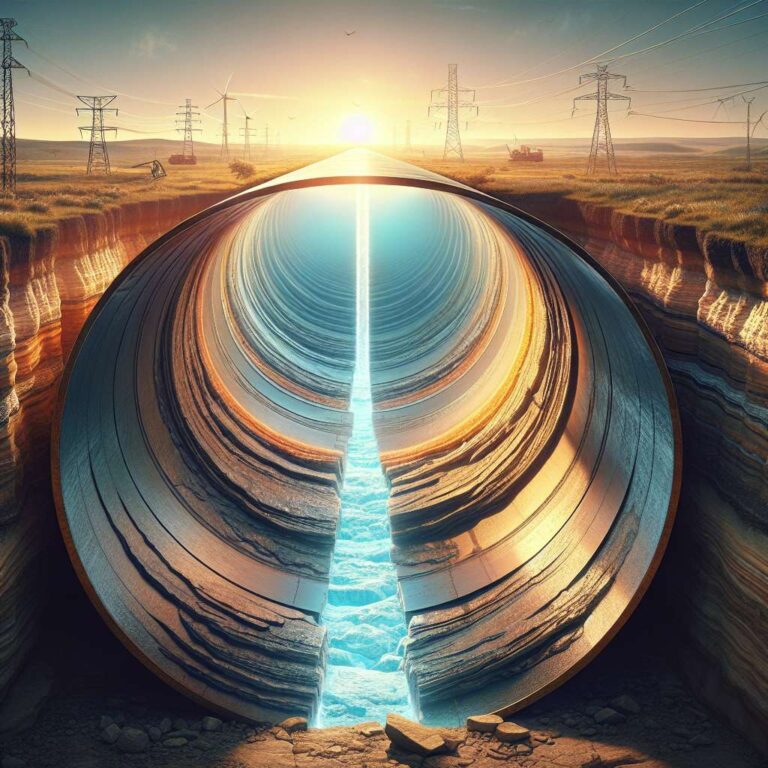Quidnet Energy, a Texas-based startup, has successfully demonstrated a novel method for long-term energy storage by injecting water into underground rock formations and keeping it under pressure for up to six months. Traditional pumped hydro storage uses gravity to move water between reservoirs and generate power as needed, but Quidnet´s innovation lies in reversing the flow: water is pumped downward into impermeable rock layers rather than up a hill, allowing it to be stored under pressure and later released to drive turbines when electricity demand rises.
In a recent six-month field test, the company pressurized its underground storage well and subsequently discharged 35 megawatt-hours of energy with virtually no self-discharge, according to CEO Joe Zhou. This approach leverages commercially available equipment, enabling rapid and widespread deployment with minimal new infrastructure. The company plans to finalize a new facility, including turbines and support infrastructure, by early 2026 in partnership with utility CPS Energy, marking a critical step toward converting the stored water pressure back into electrical energy.
While Quidnet´s technology is not as energy-efficient as lithium-ion batteries—projected round-trip efficiency is estimated around 50-65 percent—it promises significant advantages in cost and deployment speed. The system’s economics are further bolstered by U.S. energy storage tax credits, which increasingly incentivize domestic content, something Quidnet expects to satisfy under new rules beginning in 2026. If commercially viable, the technology could provide a scalable, affordable alternative to batteries for storing intermittent renewable energy like wind and solar, with low losses over longer durations crucial for grid stability. However, cost competitiveness remains essential, as lithium-ion battery prices have plunged 90 percent in the past 15 years, setting a high benchmark for emerging storage innovations.

